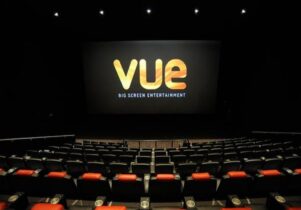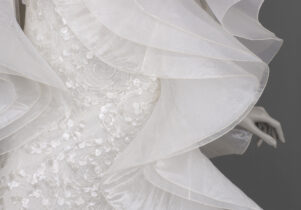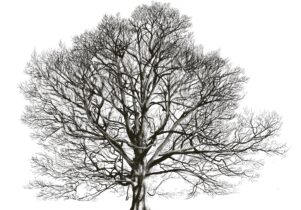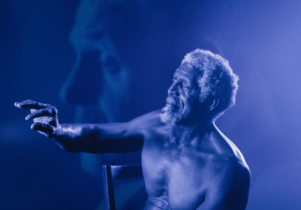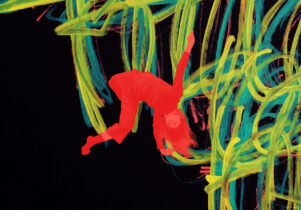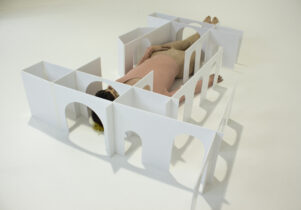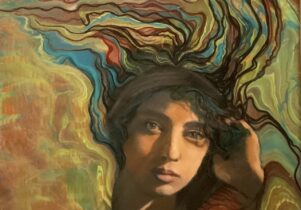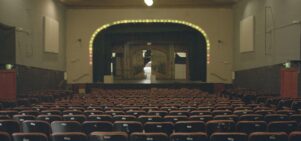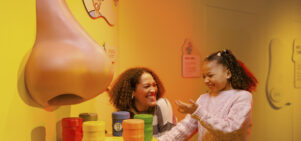Syd Shelton: Rock Against Racism at Gallery Oldham and Online
Sara Jaspan, Exhibitions EditorVisit now
Rock Against Racism
Always double check opening hours with the venue before making a special visit.
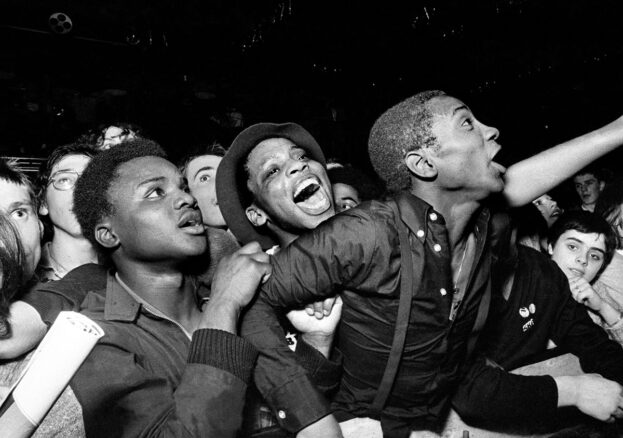
Syd Shelton: Rock Against Racism had only been open for days at Gallery Oldham before the venue closed due to the ongoing situation with Coronavirus. Following lockdown restrictions, we’re delighted to say that the gallery is now back open and the exhibition has been extended, as well as being available to enjoy online.
The Yorkshire-born photographer Syd Shelton’s first real involvement in Rock Against Racism (RAR) was in 1977, when he attended and took pictures at the Battle of Lewisham. The landmark event saw thousands of local people, community leaders and civil liberties activists stage a counter-march against the National Front, which had organised an ‘anti-mugging’ demonstration running through the multi-cultural London district under the pretext of protesting about street crime. The day quickly escalated into violence. Yet, whilst Shelton’s images reflect the wider climate of institutionalised racism and growing support for the far-right in Britain during the period, they also show the hope, unity and resistance with which this was partly met.
RAR was present at ‘the Battle’ and Shelton described the day as what really kicked the movement off. It had been born a year earlier out of a mission to challenge racist and fascist tendencies in British music and unite people across different musical genres, particularly reggae and punk. It was still rare for black and white musicians to perform together at the time, and RAR played a big part in changing this through the more than 500 gigs it staged around the UK between 1976-1982. Shelton became one of the movement’s key activists, photographing audiences and performers such as The Clash, Elvis Costello, Misty in Roots, Tom Robinson, Au Pairs and The Specials at RAR concerts, and helping to produce its influential fanzine Temporary Hoarding.
The national touring exhibition by Autograph of Shelton’s collected images from the period is now online at Gallery Oldham, offering a fascinating snapshot of the raw energy, optimism and excitement that defined RAR, as well as the social context out of which it emerged. With levels of racism and nationalist support back on the rise in Britain and abroad, this important chapter in music history seems well worth revisiting, and Shelton’s photographs bring it alive powerfully.
Autograph shares the work of artists who use photography and film to highlight issues of identity, representation, human rights and social justice.








